Electrical installations are fundamental to the functionality and safety of any new commercial property. From powering essential equipment to ensuring efficient lighting and a safe working environment, a well-designed and compliant electrical system is critical. For business owners, facility managers, or developers setting up a new commercial space, understanding the basics of electrical installations is crucial.
1. What is Involved in a Commercial Electrical Installation?
A commercial electrical installation involves setting up the infrastructure required to power all systems and equipment in a commercial space. This includes installing wiring, circuit boards, lighting, power outlets, and in some cases, backup systems like generators. Commercial installations often require more robust components and wiring than residential spaces, given the higher power demands. This setup must comply with safety standards and regulations to prevent accidents and ensure reliable power.
2. How Does a Commercial Electrical Installation Differ from a Residential One?
Commercial installations are typically more complex and require higher capacity components due to the increased demand for power. For example, office buildings, retail spaces, and industrial facilities have a greater need for power and often require three-phase wiring, which is more efficient for handling heavy electrical loads. Commercial electrical systems are also subject to stricter regulations and must be designed to support the use of multiple devices simultaneously without overloading circuits or creating safety hazards.
3. What Regulations Must be Followed in Commercial Electrical Installations?
In the UK, commercial electrical installations must comply with the British Standard BS 7671, often referred to as the IET Wiring Regulations. This standard governs everything from the materials used in wiring to the proper installation procedures and safety checks. Compliance with these regulations ensures that the system meets necessary safety standards, reducing the risk of electrical faults. Additionally, business owners are often required to obtain an Electrical Installation Condition Report (EICR) after installation, verifying that the installation meets all current standards and is safe to use.
4. How Do I Choose the Right Electrical Contractor?
Choosing a qualified and experienced electrical contractor is essential. Look for contractors who are registered with reputable trade bodies like NICEIC or ECA, which ensures they meet professional standards for safety and competence. Experienced contractors will conduct an initial consultation to assess the specific needs of your business and help design a system that accommodates current requirements and anticipates future growth. It’s essential to verify their certifications, experience in commercial installations, and understanding of industry standards.
5. What are the Costs Involved in a Commercial Electrical Installation?
The cost of a commercial electrical installation can vary widely, depending on factors such as the size of the building, the complexity of the system, and the power requirements of the business. Installation costs typically include design and consultation fees, materials, labour, and inspections. It’s wise to discuss budget expectations early on and request a detailed quote to avoid unexpected expenses. While initial costs may seem high, investing in a quality installation can reduce the need for frequent repairs and save on energy costs in the long run.
6. How Can I Ensure Energy Efficiency in My Electrical Installation?
Energy efficiency is a growing concern for many businesses looking to lower operational costs and reduce their environmental impact. Efficient electrical installations can save on energy bills and contribute to sustainability goals. Consider energy-saving lighting, like LEDs, and automated systems such as occupancy sensors that turn off lights and equipment when not in use. Additionally, upgrading to energy-efficient appliances and using smart meters can help monitor consumption and identify areas for improvement.
7. What Type of Electrical Maintenance is Required After Installation?
Regular maintenance is essential to keep your electrical system safe and operational. Over time, wiring and components can deteriorate, and issues may arise that require attention. Scheduled inspections and preventive maintenance can identify potential problems before they become serious. Many businesses find it helpful to work with their original contractor for ongoing maintenance, as they are already familiar with the system. Routine checks, particularly on high-use circuits and equipment, will ensure that the installation remains compliant with regulations and safe for daily use.
Investing in a high-quality electrical installation is essential for the safety and efficiency of any new commercial property. By understanding the basics of commercial electrical installations, choosing a qualified contractor, and planning for regular maintenance, business owners can ensure a reliable and compliant system that meets their needs. Addressing these top questions can guide you through the process and help you make informed decisions about setting up a safe and efficient electrical infrastructure for your business. Contact us for more information.


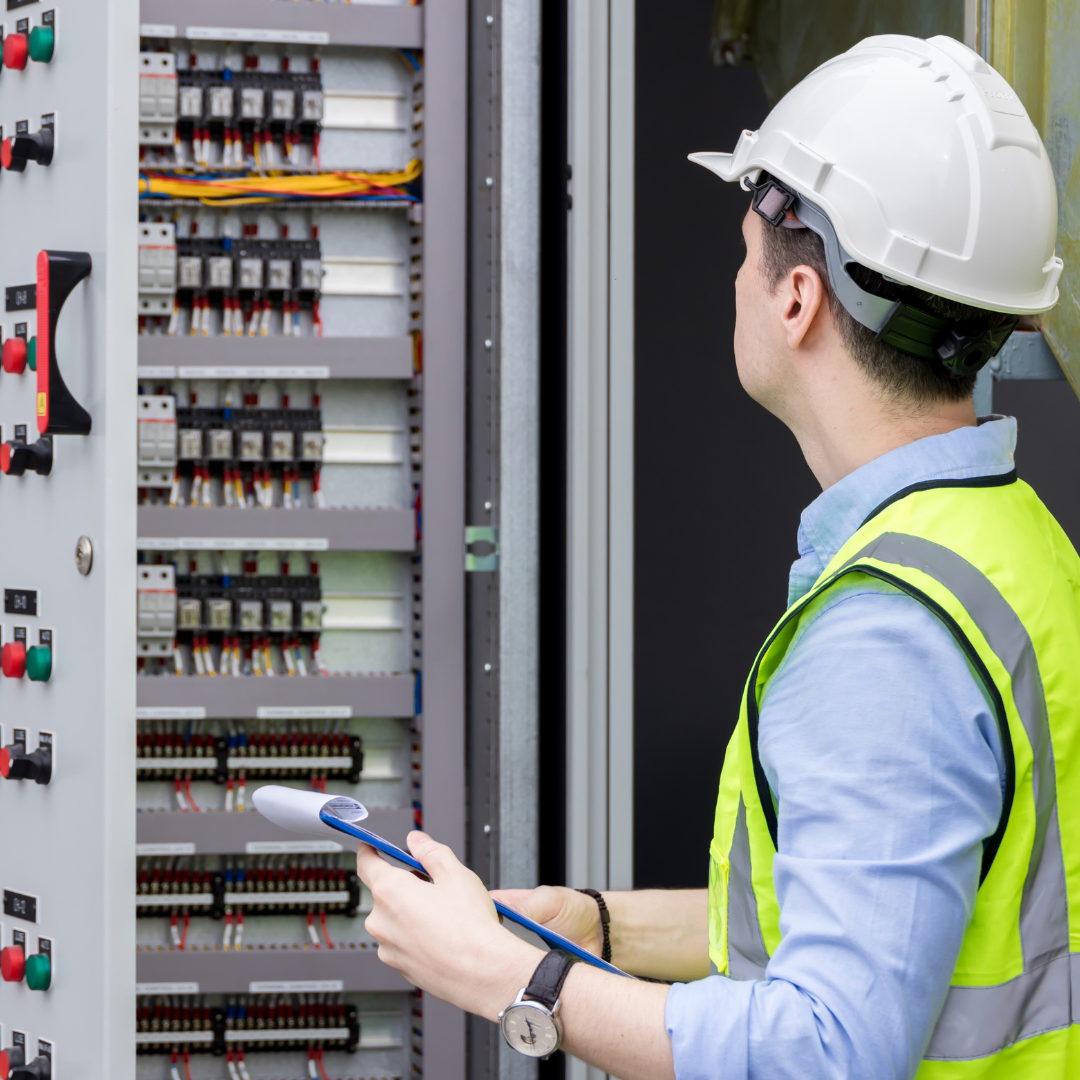
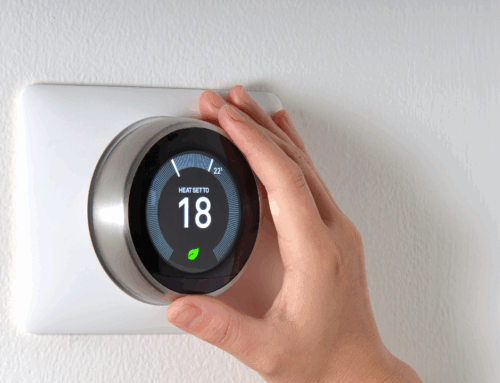
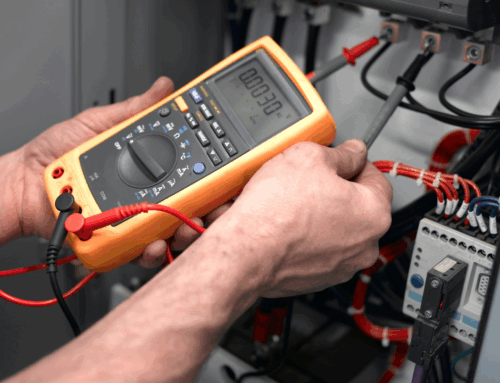
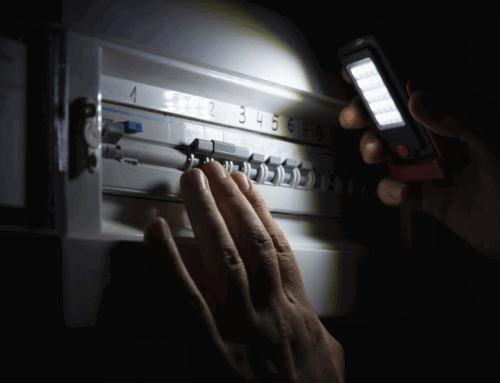
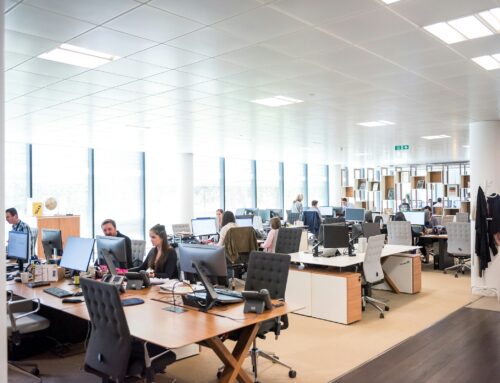
Leave A Comment